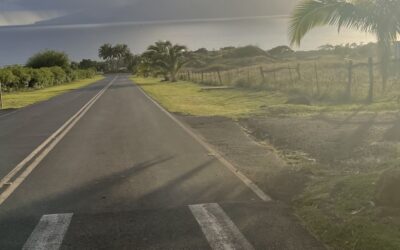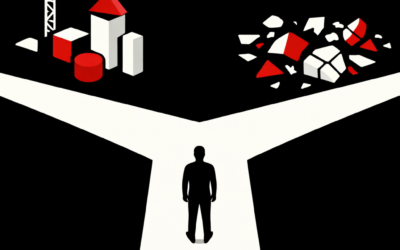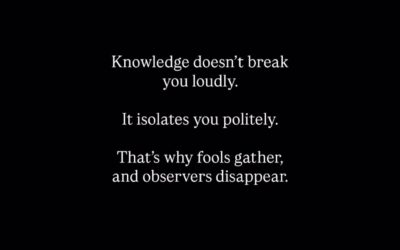For many of us, going to the store for milk and eggs is second nature. It’s a simple, mundane task that we take for granted. But imagine living in a place where this basic act is fraught with uncertainty and fear. This is the daily reality for Palestinians living under illegal settlements—a form of psychological abuse that has persisted for decades, compounded by the constant threat of war.
Imagine living in your own country, on your own land, surrounded by family and community, yet never feeling truly free. This is the existence of many Palestinians who face severe restrictions on their movement, resources, and even their basic human rights. For them, freedom is a distant dream, something they have never truly experienced.
One stark example is water rationing. Palestinian homes often have large tanks on their rooftops, filled every 15 to 20 days. This water must be carefully rationed until the next delivery. On the other side of the border, Israelis enjoy running water as a given, a simple privilege that most of us never think twice about. This stark contrast is not just a matter of convenience; it’s a daily reminder of the inequality and oppression faced by Palestinians.
How can we, as a human race, accept this? How can we turn a blind eye to the suffering of so many innocent lives? It’s easy to distance ourselves from the issue, to think of it as a problem happening “elsewhere.” But by doing so, we become complicit in the oppression. We need to put ourselves in the shoes of a Palestinian and imagine the constant fear and uncertainty they live with every day.
This isn’t just about political systems or international relations; it’s about our collective humanity. Every act of oppression, every injustice, diminishes us all. We are not truly free until every one of us is free. If our political systems support the imprisonment and abuse of others, we must question who we are and what kind of world we want to live in.
This blog post isn’t about offering solutions. It’s about making you think, making you feel. It’s about connecting to the heart of the issue and recognizing our shared responsibility. We need to ask ourselves what role we play in this, and whether we can stand by and do nothing while others suffer. Because ultimately, we have a responsibility to act, to speak out, and to strive for a world where every person can live in freedom and dignity.
The West Bank has been occupied for over 50 years.
I encourage you to be curious, to seek out the truth and verify the facts before accepting what mainstream media presents. Follow voices like Leila Warah on Instagram, who share firsthand accounts and perspectives often missing from mainstream coverage. We have a responsibility to think critically and not just consume media content without verification. Let’s challenge ourselves to understand the reality of those living under oppression and strive to make a difference.




0 Comments